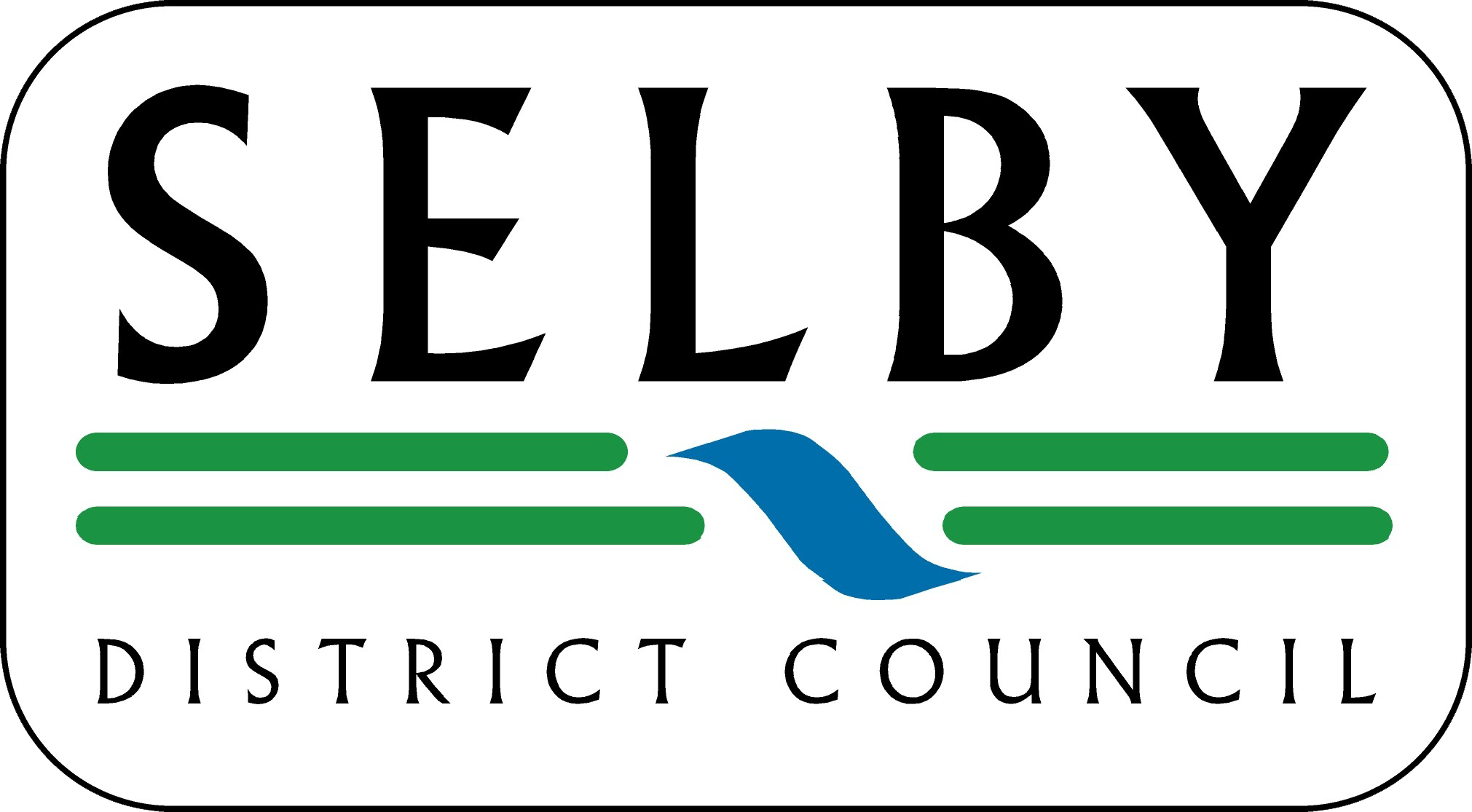Agenda item
Street Cleansing in Selby District (PR/21/8)
A report to allow Members to review the street cleansing service. The report sets out the details of the existing service along with an independent review of standards by Keep Britain Tidy that was carried out in 2019.
Minutes:
The Committee received the report of the Contracts Team Leader, which had been brought to Members to allow them to review the street cleansing service. The report set out the details of the existing service along with an independent review of standards by Keep Britain Tidy that was carried out in 2019.
The street cleansing function was carried out in conjunction with the Environmental Protection Act 1990 (EPA) and the Code of Practice on Litter and Refuse. Under those pieces of legislation every adopted road in the district was given a zone which determined frequency of cleansing; the zones reflected the amount of public usage/footfall:
Zone 1 – Main retail
Zone 2 – Other retail
Zone 3 – High density housing (generally terrace housing)
Zone 4 – Low density housing
Zone 5 – Medium density housing
Zone 6 – Industry / warehousing
Zone 7 – Main roads (these are A roads such as the A19)
Zone 8 – Rural roads
Zone 9 – Other highways
Zone 10 – Recreation areas (only those owned by SDC)
The Council was also responsible for the cleansing of around 950km of adopted highway by means of litter collection and mechanical sweeping.
Officers gave an update on the recent review of the street cleansing service. There had been a full consultation with the operatives and a shift to a new seven-day working pattern had begun that week. The new arrangement meant that operatives were able to undertake more high-risk cleansing when roads weren’t as busy at weekends, including use of the mechanical sweeper. Members were encouraged by the change but expressed their concern about the amounts of litter on the edges of settlements, which seemed to be caused by the public throwing rubbish out of their cars. The Committee asked if clearance of the litter on the roadside was Selby District Council’s responsibility. Officers confirmed that it was a district function, but that one of the benefits of the new arrangements was that more resource could be put into the harder to reach areas.
The Committee were pleased with the litter posters that had been produced and requested more copies for other areas, such as Gowthorpe in Selby, which was particularly bad near the school. Officers were aware of such areas but were pleased to report that the extended operative hours would mean more street cleansing in both Selby and Tadcaster. Further work with the schools was encouraged. Brayton was also identified as a problematic area for litter; Officers confirmed that they would be able to share data on litter and dog bin collection with ward Members when available. When litter was reported by Members, a job was raised by Officers with the Council’s waste contractors, with response time depending on where the litter was, i.e., it was easier to respond to rubbish in a town centre than on a busy road.
Members asked about the hotspots for the clearance of leaves on the highway. Officers explained that heavily wooded and treelined areas were addressed by a rolling programme of work, with sweepers working on roughly a three-weekly cycle.
The Chair welcomed Councillors M Jordan and M Topping joined to the meeting at this point.
The Committee were aware of some members of the public who cleared litter themselves, sometimes on busy roads. Officers explained that people could borrow the Council’s litter picking equipment, but that a risk assessment was required and as such, a busy road would not be an appropriate place, as they would not be covered by the authority’s public liability insurance.
Lastly, it was noted by Members that an assessment by the Keep Britain Tidy campaign had said that Selby district was a good and clear area for litter and fly tipping.
RESOLVED
The Committee considered and noted the report.
Supporting documents:
-
Report: Street Cleansing in Selby District, item 28.
 PDF 179 KB
PDF 179 KB -
Appendix A: Grading Photographs for Litter and Detritus, item 28.
 PDF 319 KB
PDF 319 KB -
Appendix A: Grading Photographs for Litter and Detritus, item 28.
 PDF 305 KB
PDF 305 KB -
Appendix B: Keep Britain Tidy 2019 Survey - Selby, item 28.
 PDF 1 MB
PDF 1 MB
